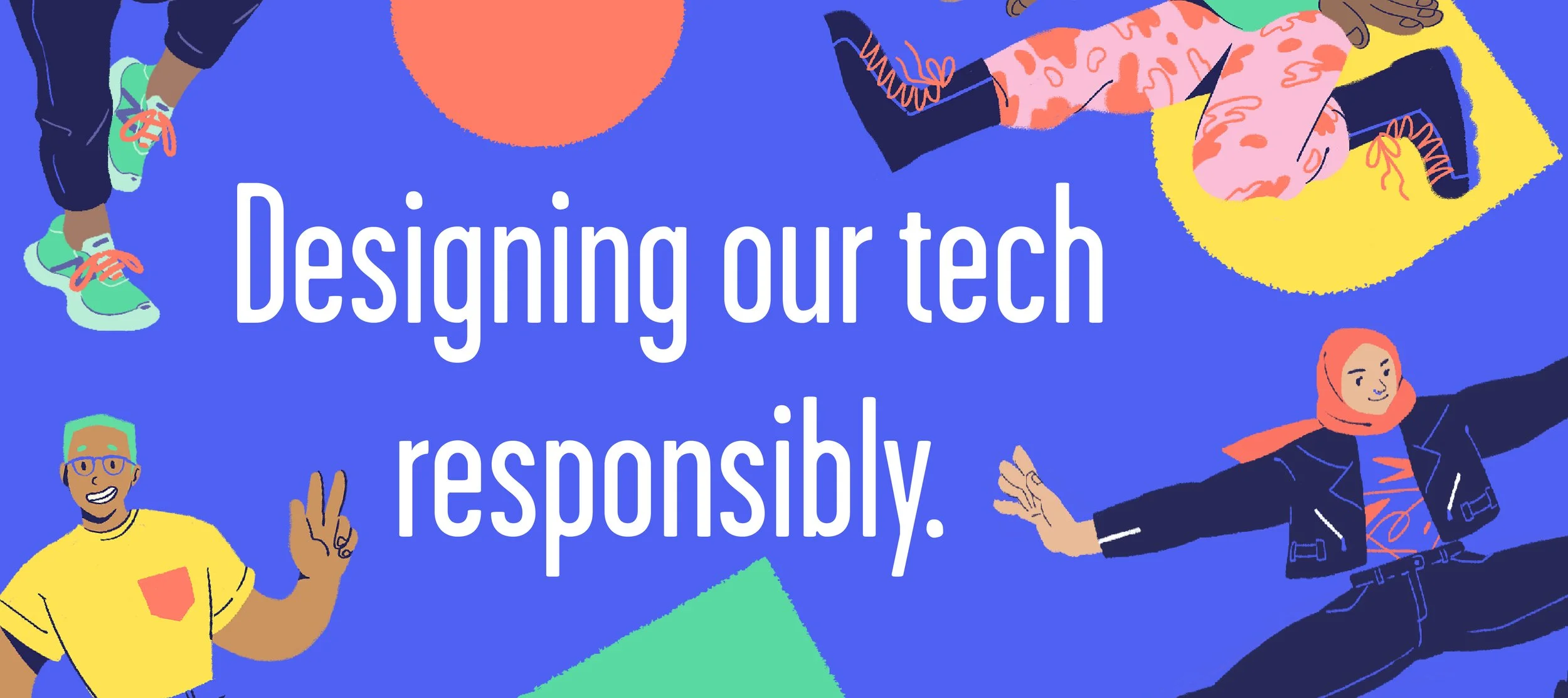Our AI principles
-
Contextual Accuracy
We are committed to ensuring that any AI model we employ is contextually accurate, reflecting the lived experiences, cultural nuances, and linguistic diversity of the queer communities in Zimbabwe and South Africa.
-
Transparency and Consent
We will be transparent about the use of AI in all applications where it's employed, ensuring that users are aware of and consent to the involvement of AI in their sessions.
-
Privacy and Security
We prioritize the privacy and security of our users' data, implementing robust measures to protect their personal information and ensure that the AI models we use adhere to the highest standards of data protection.
-
Low-Risk Integration and Testing
We will first introduce AI in low-risk circumstances, allowing for iterative testing and refinement before integrating it into high-risk or critical aspects of our chatbot.
-
Evidence-Based Approach
We will only incorporate AI into our services when there is clinically-validated evidence to support its efficacy and safety, ensuring that our use of AI is grounded in scientific research and best practices.
-
Human Oversight and Control
While leveraging the capabilities of AI, we will maintain human oversight and control over the chatbot, ensuring that qualified mental health professionals are involved in monitoring and guiding the interactions between AI and users.
-
Continuous Evaluation and Improvement
We will continuously evaluate the performance and impact of the AI models we employ, actively seeking feedback from users and stakeholders to identify areas for improvement and ensure that our AI solutions evolve to meet the changing needs of the communities we serve.
-
Collaboration and Knowledge-Sharing
We will foster collaboration and knowledge-sharing with other organizations, researchers, and experts in the field, contributing to the ongoing development and responsible deployment of AI in mental health and wellbeing applications.
-
Community-Driven Co-Design
We will actively engage and collaborate with members of the queer communities in Zimbabwe and South Africa, embracing a co-design approach to ensure our AI integration is culturally appropriate, addresses their specific needs, and is shaped by their lived experiences.

